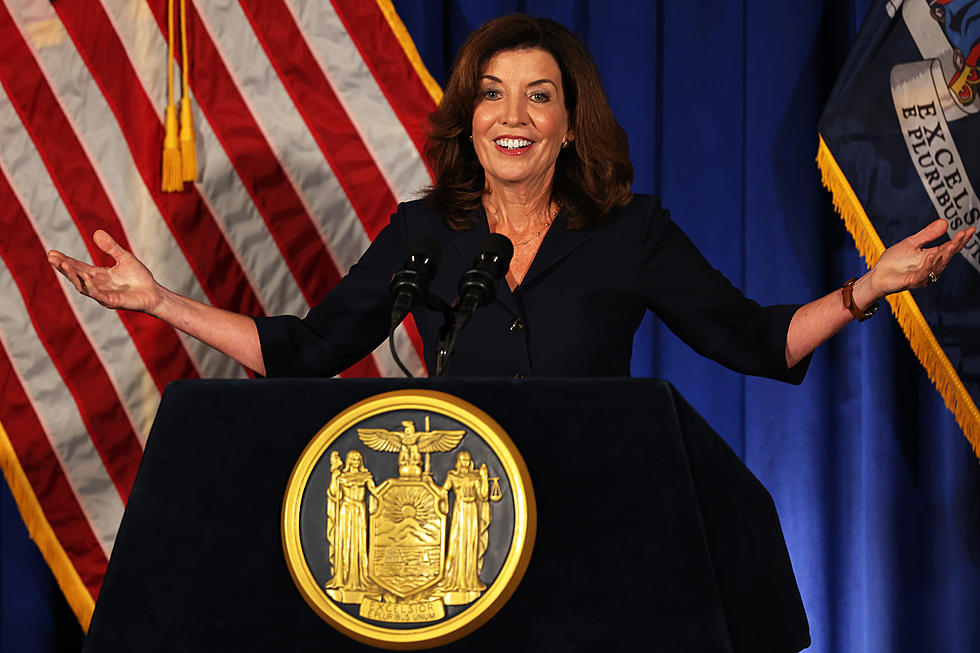
How Are Parents Handling COVID-19 and Children?
COVID-19 has become a dreaded phrase we’ve all become familiar with. People staying at home or wearing masks and gloves when out in public seems so inadequate in our efforts in fighting this disease.
A few short months ago when we first starting to hear about COVID-19 we had one comforting thought: that children were not adversely affected by the virus. Now we know better, not only can children be carriers of the disease, they can become seriously ill or even die from it. The thought of your child becoming critically ill or dying is heart-wrenching to most parents. Recently children have been experiencing brutal post-infection complications of the virus. According to Ny Times, investigations are underway by New York health officials for children who have been diagnosed with Pediatric Multi-System Inflammatory Syndrome. The symptoms are very familiar to Kawasaki Disease, but doctors need to know much more to determine the connection to COVID-19. They are pretty certain that there is a connection because the children diagnosed with the syndrome recently tested positive for COVID-19 or have antibodies for COVID-19.
There have been 93 children in New York recently diagnosed with Pediatric Multi-System Inflammatory Syndrome. Sadly, three children have died from the syndrome and there were two deaths that may be attributed to it.
Parents should seek medical attention if their child has a prolonged fever for more than five days, difficultly eating or is too sick to eat, has diarrhea or vomiting, severe abdominal pain, has a change in color (becomes pale, patchy or blue), has trouble breathing or is breathing very quickly, has a racing heart or chest pain, has decreased amount of urine, is lethargic, irritable or confused.
As we look forward to New York beginning to open up on Friday we must continue to heed the warnings of the medical community. Remember to wash your hands for at least 20 seconds, use social distancing, and wear your masks. Stay at home if you can and definitely continue to protect your children as we look for our “new normal.”
More From HOT 99.1









